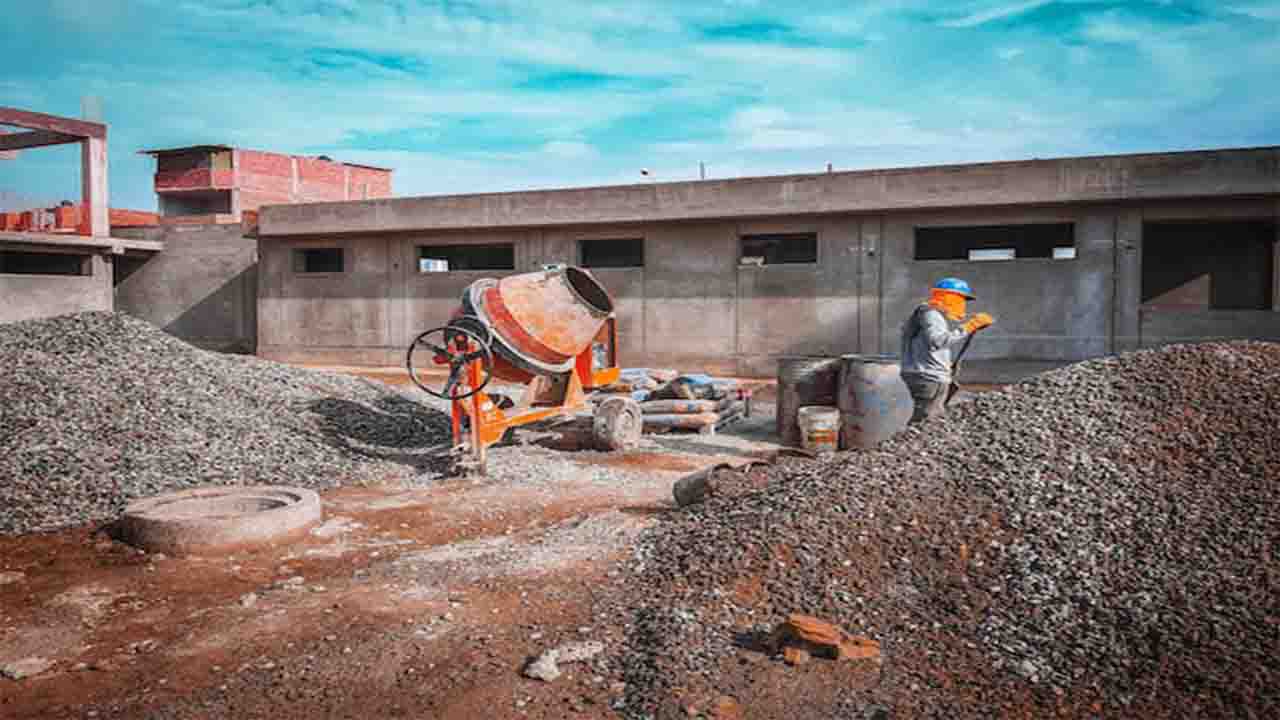(Commonwealth) _ Last-mile logistics are a problem for 74% of Indian enterprises, according to Locus Maturity Assessment 2023. In a country as vast and populous as India, the efficient and timely delivery of goods to customers’ doorsteps is a significant challenge. The last mile of the supply chain, which involves the movement of goods from a transportation hub to the final destination, is often plagued by inefficiencies, delays, and high costs. This has a profound impact on businesses and consumers alike, hindering economic growth and customer satisfaction.
The last mile has always been a complex and demanding stage in the logistics process. However, with the rise of e-commerce and the increasing expectations of consumers for fast and reliable deliveries, the pressure on businesses to optimize their last-mile operations has intensified. The Locus Maturity Assessment 2023 sheds light on the extent of this challenge in India, highlighting that three out of four enterprises are grappling with last-mile logistics issues.
One of the primary reasons for the last-mile problem in India is the country’s inadequate infrastructure. The lack of well-maintained roads, congested traffic, and limited transportation options make it difficult for logistics providers to navigate through urban centers and remote areas efficiently. This results in delays, missed deliveries, and increased operational costs. Additionally, the varying topography and challenging terrains in different parts of the country further complicate the last-mile logistics process.
Another significant factor contributing to the last-mile challenge is the fragmented nature of the logistics industry in India. The presence of numerous small-scale logistics players, often operating with outdated systems and processes, leads to a lack of standardization and coordination. As a result, there is a lack of visibility and transparency across the supply chain, making it harder to track and manage shipments effectively. Coordinating multiple stakeholders involved in the last mile, including transporters, drivers, and delivery personnel, becomes a daunting task.
Furthermore, the rapid growth of e-commerce in India has added additional pressure to last-mile logistics. With the increasing number of online orders and customer expectations for same-day or next-day deliveries, logistics providers are struggling to keep up. The high volume of shipments, coupled with limited resources and capacity constraints, exacerbates the last-mile challenges, leading to delayed deliveries, customer dissatisfaction, and increased costs for businesses.
To address these last-mile logistics issues, companies are turning to technology and innovative solutions. Advanced route optimization algorithms, real-time tracking systems, and automated delivery management platforms are being deployed to improve efficiency and visibility. These technologies help optimize delivery routes, reduce fuel consumption, and enhance resource allocation, ultimately leading to cost savings and improved customer experiences.
Additionally, companies are exploring alternative delivery models such as crowd shipping and the use of drones and autonomous vehicles. These technologies have the potential to revolutionize last-mile logistics by overcoming infrastructure constraints, reducing human error, and enhancing delivery speed. However, regulatory challenges and concerns over safety and privacy still need to be addressed before widespread adoption can occur.
Collaboration and partnerships among stakeholders are also crucial for tackling last-mile challenges. Closer collaboration between e-commerce platforms, logistics providers, and local authorities can lead to better infrastructure development, improved traffic management, and streamlined regulations. Furthermore, the adoption of industry-wide standards and best practices can promote interoperability and data sharing, enabling seamless coordination and optimization across the last mile.
The Locus Maturity Assessment 2023 highlights the critical issue of last-mile logistics for Indian enterprises. The complex and diverse nature of the country, coupled with infrastructure limitations and the growth of e-commerce, pose significant challenges for businesses in delivering goods efficiently and reliably. However, by embracing technology, fostering collaboration, and exploring innovative solutions, Indian companies can overcome these obstacles and unlock the full potential of last-mile logistics, driving economic growth and customer satisfaction in the process.
















